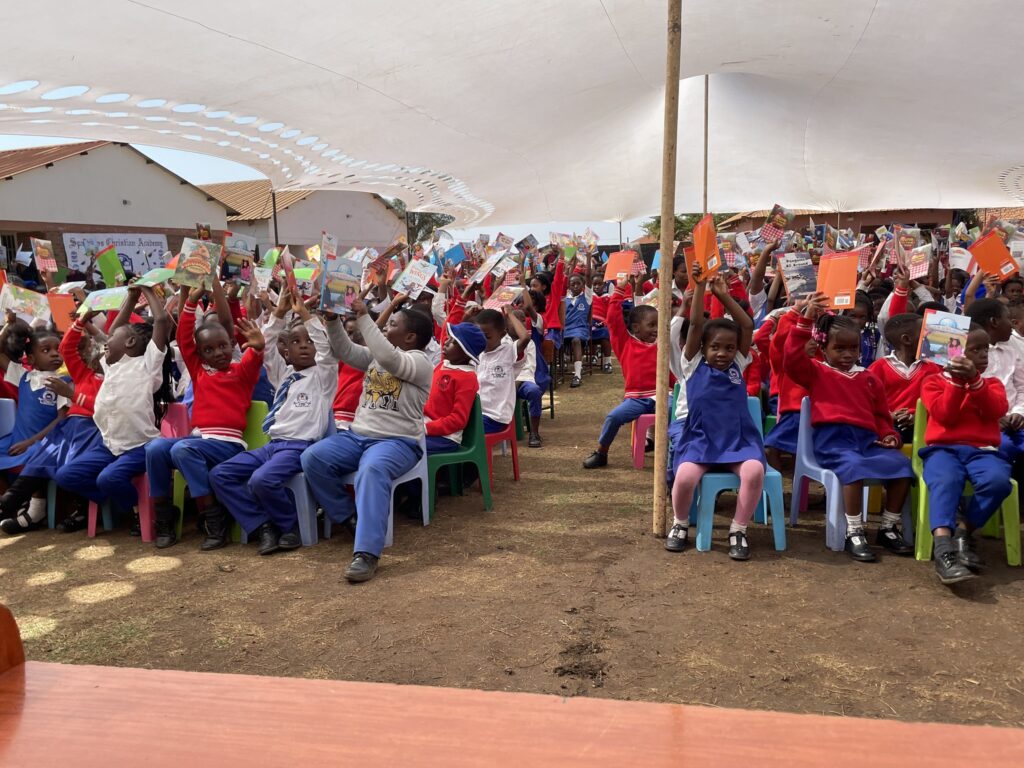The story of book shortages in primary and secondary schools in Malawi militates against attainment of quality education
My name is Jacob Mtambalika. I am 45 years old. I own and run an educational institution inspired by the education challenges I faced in primary and secondary school in Malawi between the late 1980s and late 1990s.
The biggest challenge I faced, while a pupil at the government-owned and run Mpamba Primary School in Nkhata Bay District, was the problem of availability of textbooks at the school.
From Standard One to Standard Eight I can hardly recall having a book, on my own, which I could refer to after classes or while in class. You can’t even talk about getting a book to take home for further studies. There was none. We never even had a library at the school. So, it was always a teacher with one Teachers Guidebook using it in a class of over 70 pupils who could either just learn by heart or if you were better off, you had to scribble down notes that the teachers wrote on the chalkboards.
Mind you, I was at a government primary school and, according to studies, over 85 percent of primary school learners in Malawi go to government-owned and run primary schools. This tells you that my story is a story of a million other Malawians as well.
The book scarcity challenge wasn’t different even when I went to secondary school. I was at a government secondary and, often, you had two books to be shared by over 60 students. No library. To mean, we entirely relied on on the notes that the teachers wrote for our further studies.
Just as primary schools, over 80 percent of secondary schools in Malawi are owned and run by the government. Again, this means my story is also a story of many others.
Its is shocking that despite having left secondary school about 25 years ago, the challenge of books in our schools is still prevalent and widespread.
You need to understand that 85 percent of the country’s 21 million people live in rural areas over 65 percent of the population live in absolute poverty, subsisting below a dollar a day. The only option for education is through government owned and run schools.
During the years of COVID-19, I spoke to Mathews Phiri, 34, a primary school teacher at Mgezi in Blantyre, on how they are managing the pandemic. He singled out the shortage of textbooks in schools as a challenge in combating the Covid-19 pandemic as learners are using the books in groups during lessons.
A headteacher at Dowa secondary school headteacher Lonex Banda spoke to Malawi media recently with a touching story that underlines how big the challenge of textbook scarcity is in Malawi. He said, “On average, over 30 learners use one book in class.”
A certain teacher recently wrote in one of Malawi’s daily newspapers:
“I don’t know if Malawi is a country, not a village, I teach at a certain school in Blantyre urban, and in my class I only have a teacher’s guide with no learners book for me a teacher, none of the learners has a book from the school, only 2 learners have own books of English and 3 have social and the government is expecting me to perform and have my 170+ learners learn in such an environment,” he wrote.
Even the Civil Society Education Coalition (CSEC), an umbrella body of all non-governmental organizations that fight for education rights, recently released a statement where they most education institutions in Malawi have been running with inadequate books for a long period, a development that affects the provision of quality education in public schools.
For the past years, public schools in the country have been grappling with the shortage of textbooks with eight learners sharing one textbook, according to CSEC.
Picture: Children at the Sparrow Montessori School in Lilongwe hold up books donated to the school by the Malawi Project and Action for Progress.

